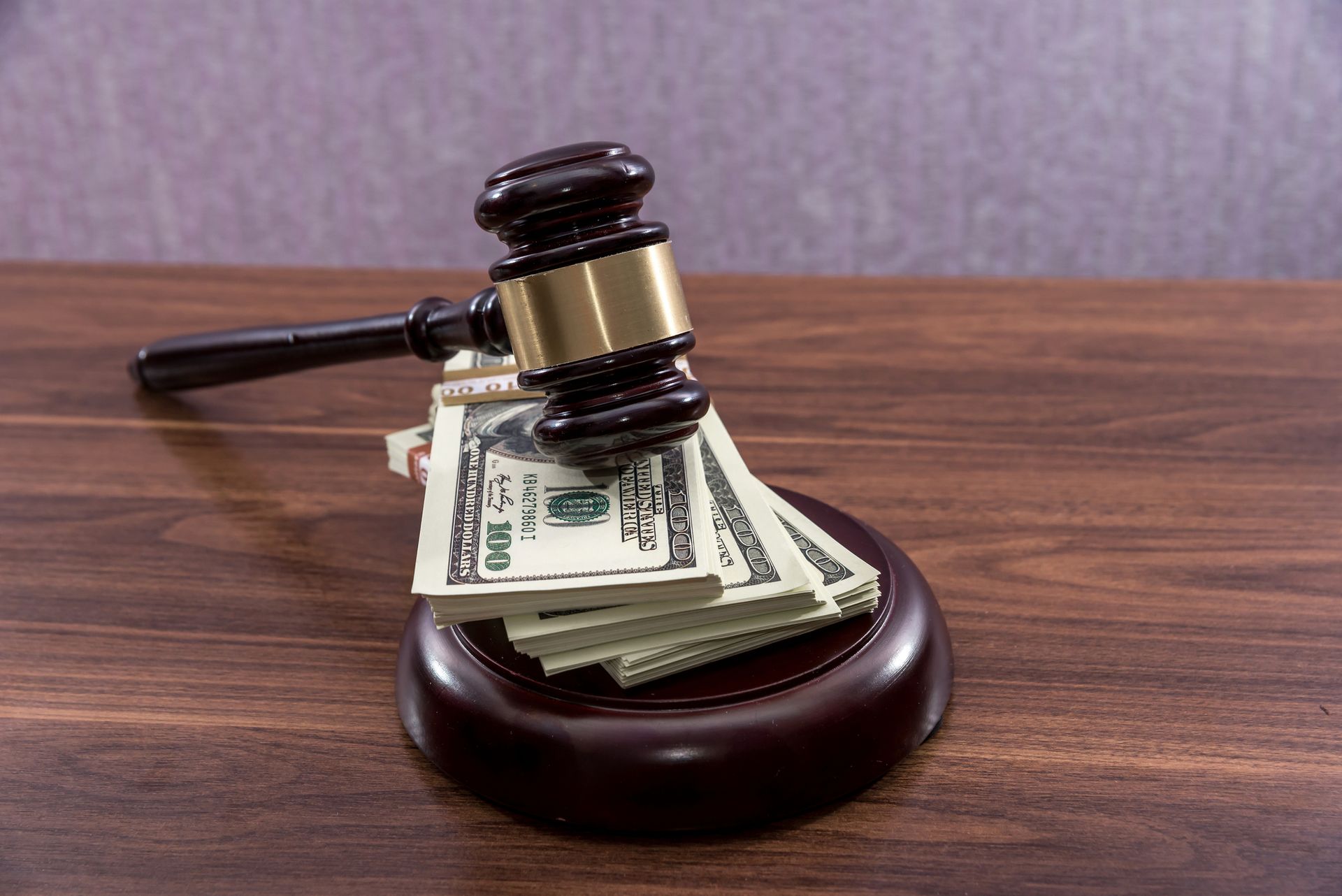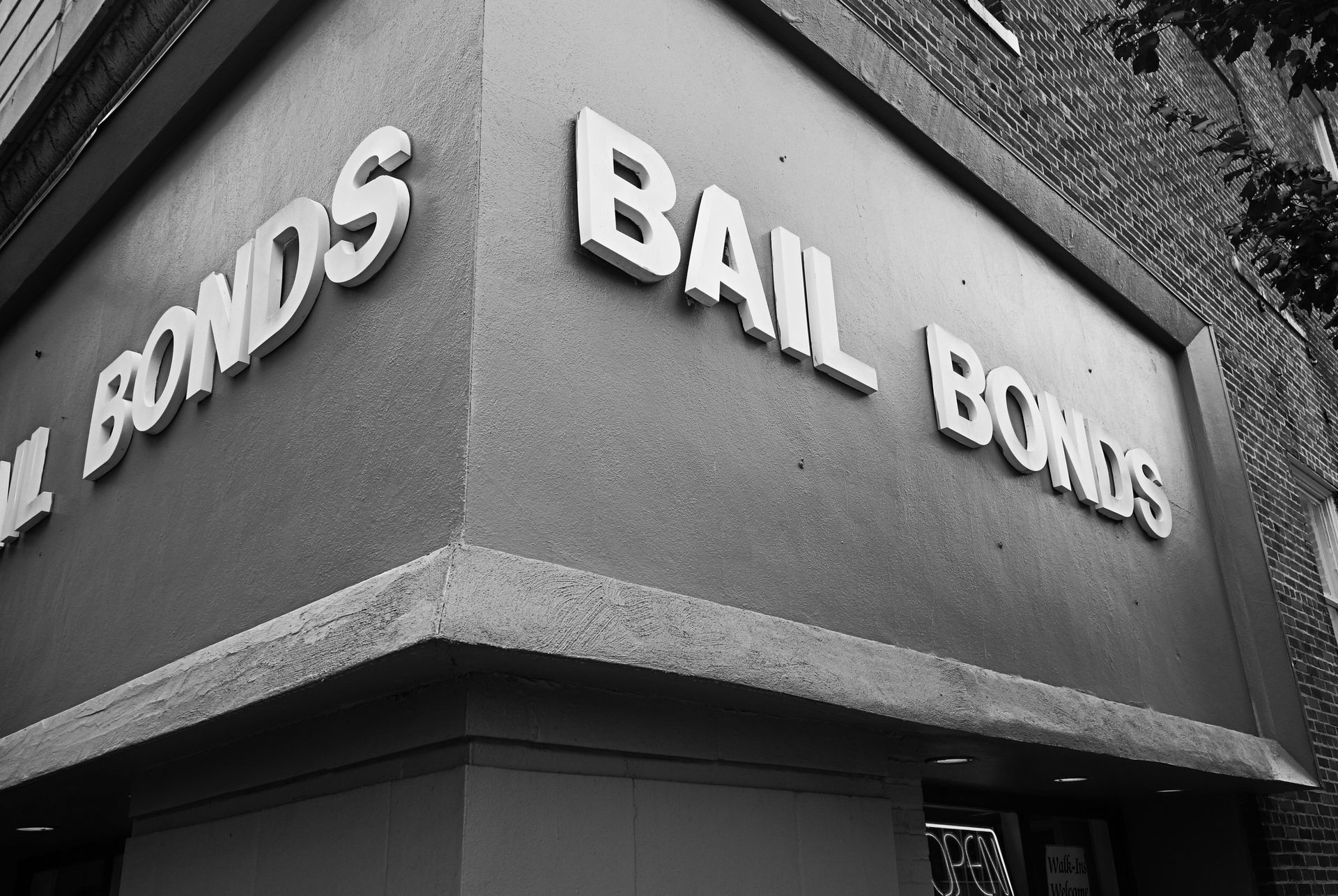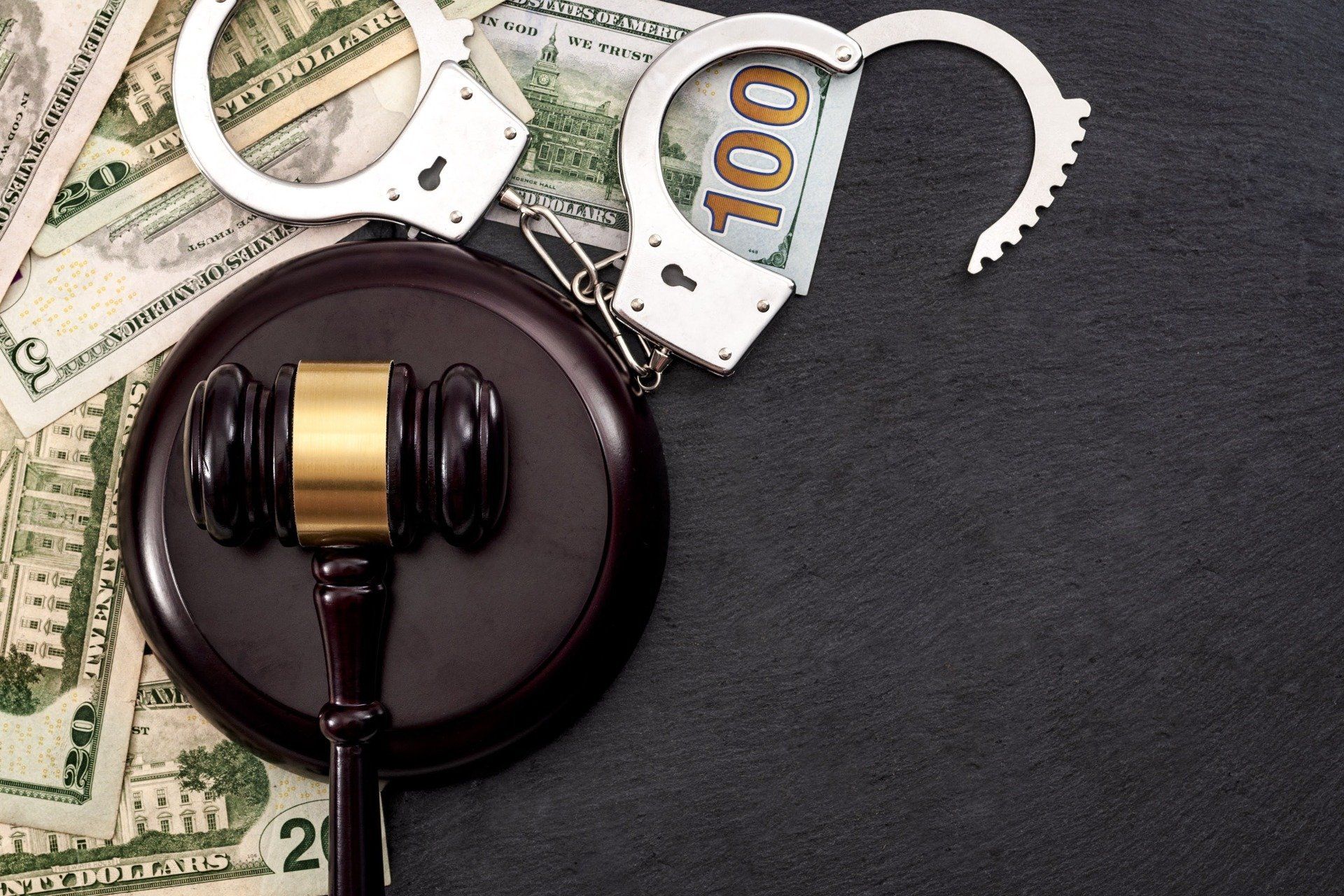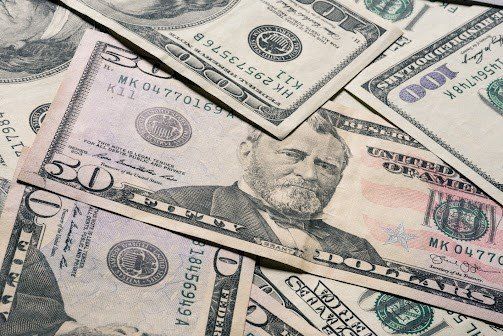Types of Bail Bond Collateral

Getting arrested and charged with a crime can be a horrible experience. If you get locked up in jail for a long time, you may lose your job, and your family may suffer, especially if you're the sole breadwinner. Fortunately, you can get released on bail so you can continue with your normal life as your attorneys prepare a defense.
A bail bond can be too expensive, and you may need to seek the help of a bail bond company. When a bail bond company agrees to pay your bond, you may have to give them collateral as security. This article highlights types of bail bond collateral.
Real Estate
Most boil bond companies prefer real estate as collateral since properties hold a high value. Even the smallest real estate property can cover most bail bonds provided the bail amount is not too high.
To use your real estate property as collateral outright, it should be in good condition and have value. It also can’t be under a mortgage.
If you are still paying off your mortgage on the property, you may still be able to use it as bail bond collateral. What usually happens in such cases is that you'll use your equity. For instance, if your reals estate property is worth $500,000 and you have $150,000 worth of equity, you can use the equity amount as bond collateral.
Once the bail bond company accepts your real estate property as collateral, you have to sign a deed of trust at your county courthouse to show the property's title is in the hands of a bail bond company. Nevertheless, you still own the property and can use it however you want. When your bail is exonerated, the company will sign the deed back to you.
Vehicles
All types of vehicles, including trucks, RVs, tractors, and cars, can come in handy when you need bail bond collateral. To use your vehicle as collateral, you first have to provide the bail bond company with proof of ownership. You can use the vehicle’s title to prove ownership. If you don't have the title, you can use any of the following:
- A bill of sale from an established auction house or an authorized vehicle dealer
- A recent registration document that has the former owner's name and signature
- Court documents showing the transfer of ownership of the vehicle
- A statutory declaration in a case where the car is homemade and is unregistered
Like in real estate, you have to determine your vehicle's value before receiving the bail bond. If the bail bond company accepts your vehicle as collateral, you'll transfer your car's legal ownership to them, but you can still use the vehicle.
You don't have to go to the motor vehicle department when transferring your vehicle's ownership. Nowadays, several private companies offer vehicle ownership transfer services, and they're much faster, saving you time.
Stock Investments
Some people use stocks as a long-term investment strategy. In instances where you can't find another form of collateral for your bond, you can use stocks if you have them.
For a bail bond company to accept stocks as collateral, the overall value of your investment should be more than the total bail amount. The only thing you need to do is sign over the stocks to the bail bond company, and you can get them back once your charges are dropped, or the bail is exonerated. To avoid losing your stocks, show up in court when you are required to.
Paying a bail bond can be stressful, especially if you don't have the required amount. As a result, you may opt to seek the help of a bail bond company. If you're looking for reliable services, contact Don's Bail Bonds. Our company offers affordable rates, and we’ll also offer you expert advice according to your needs.


















